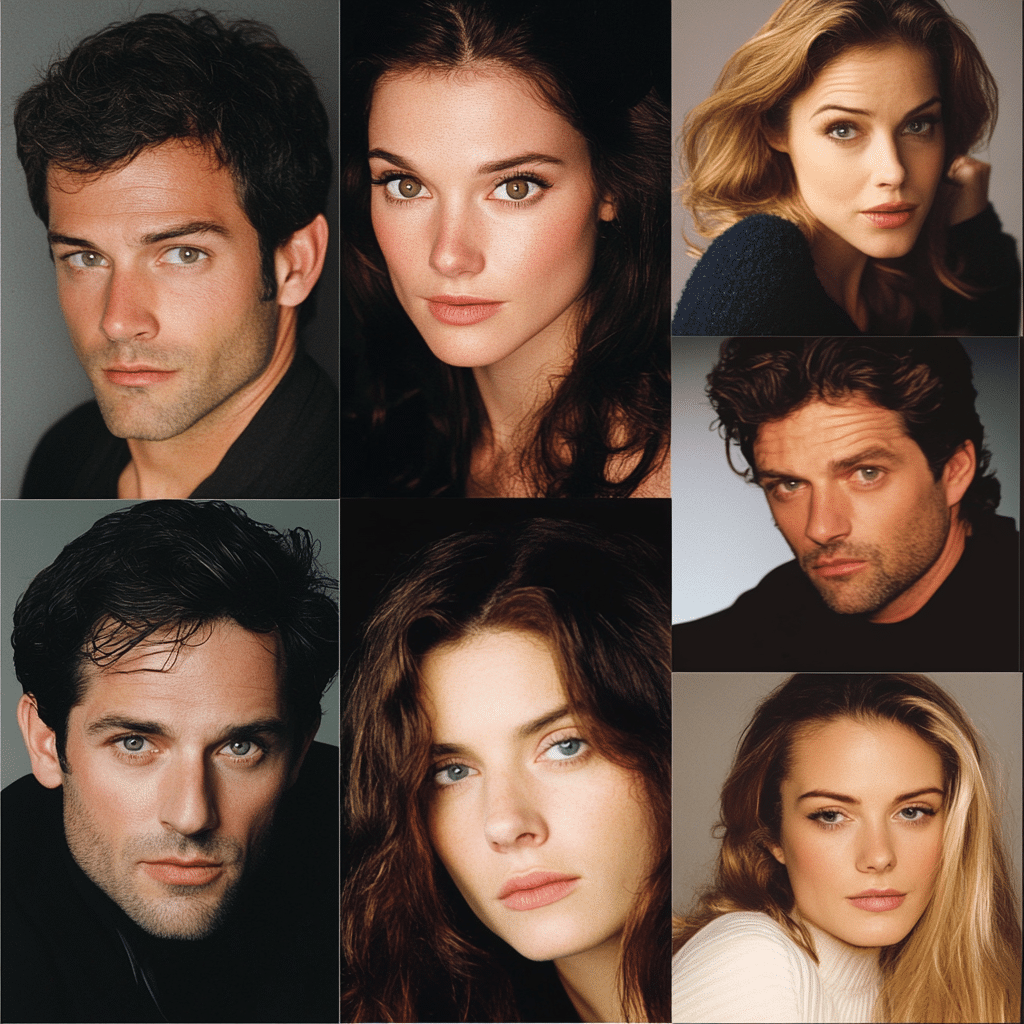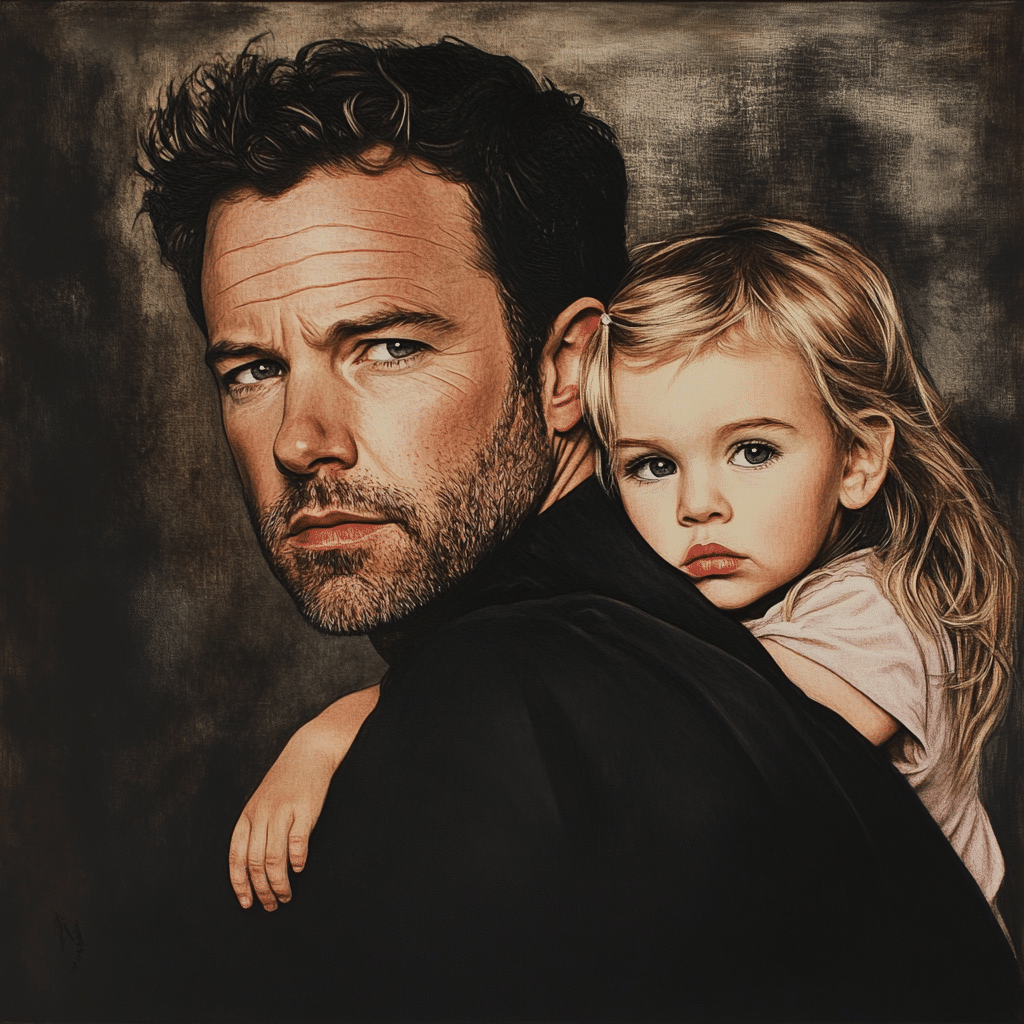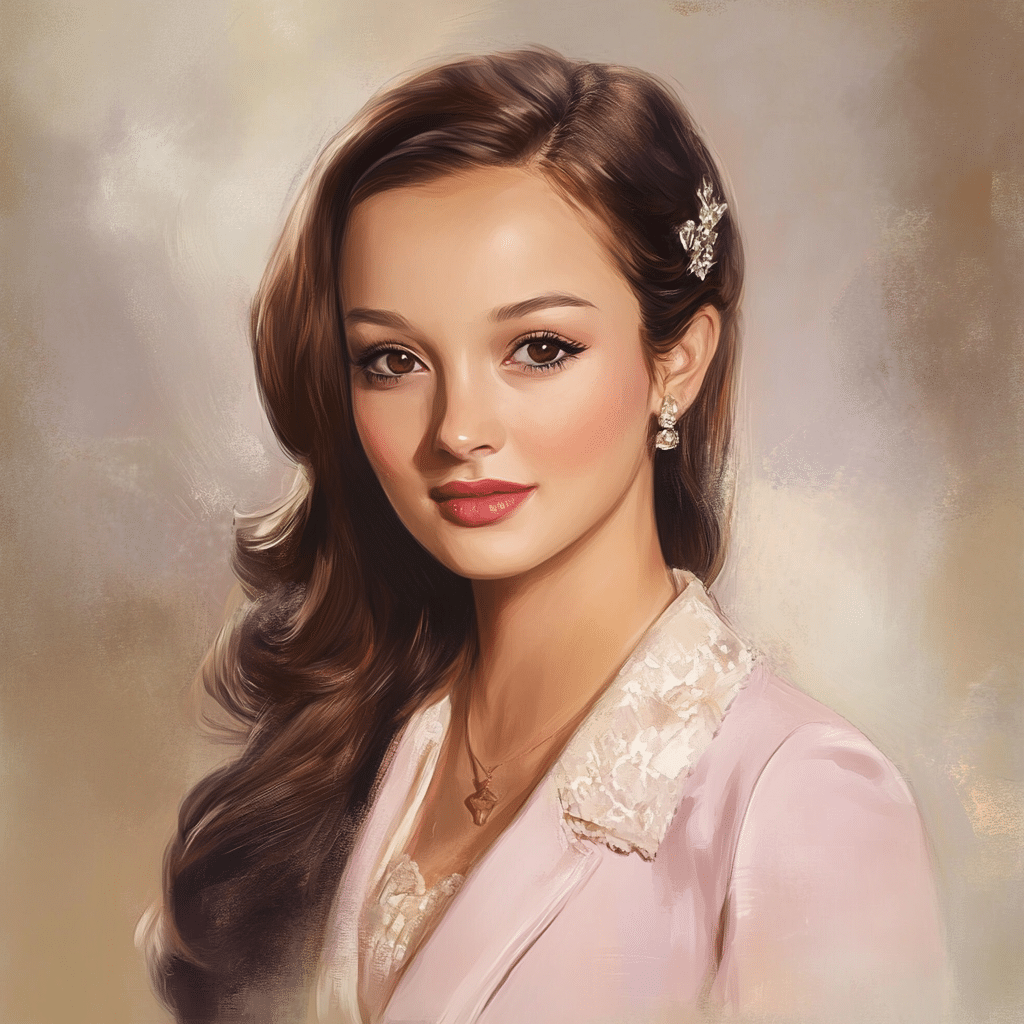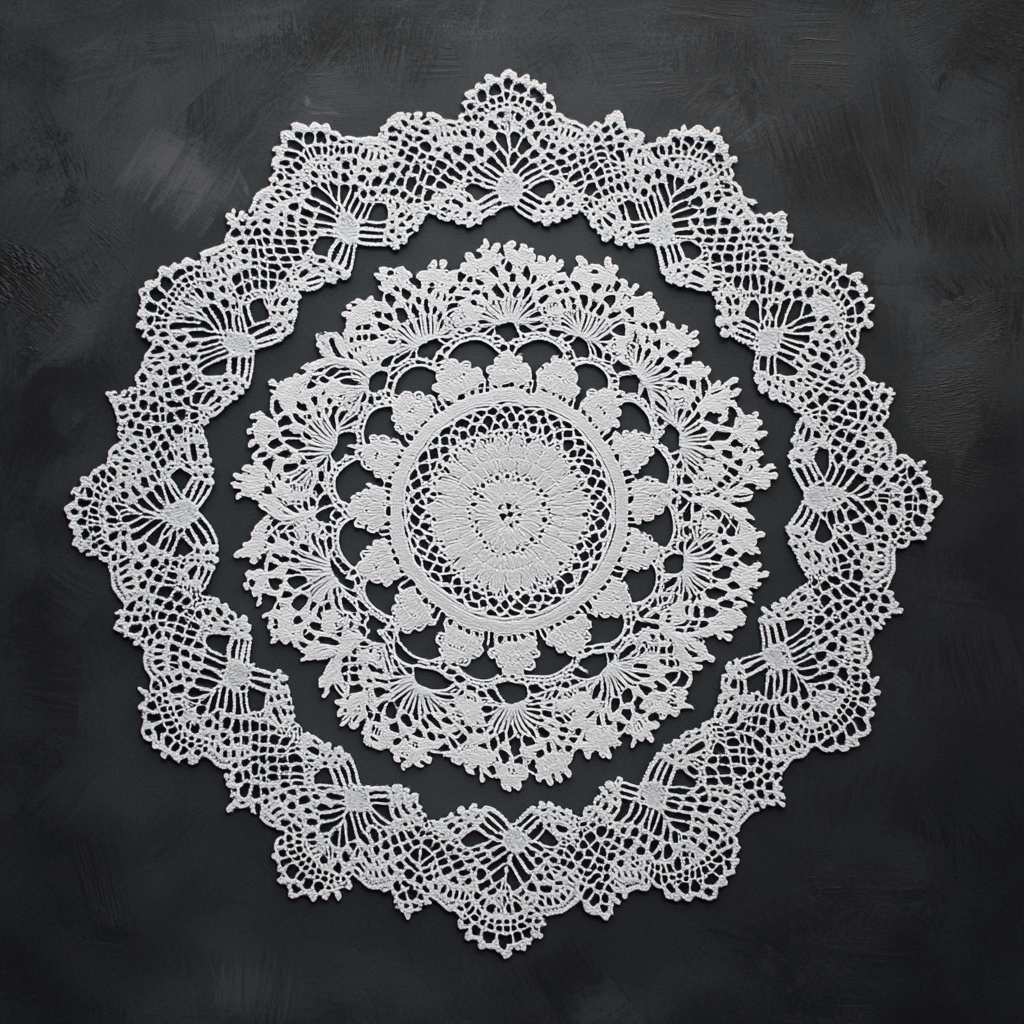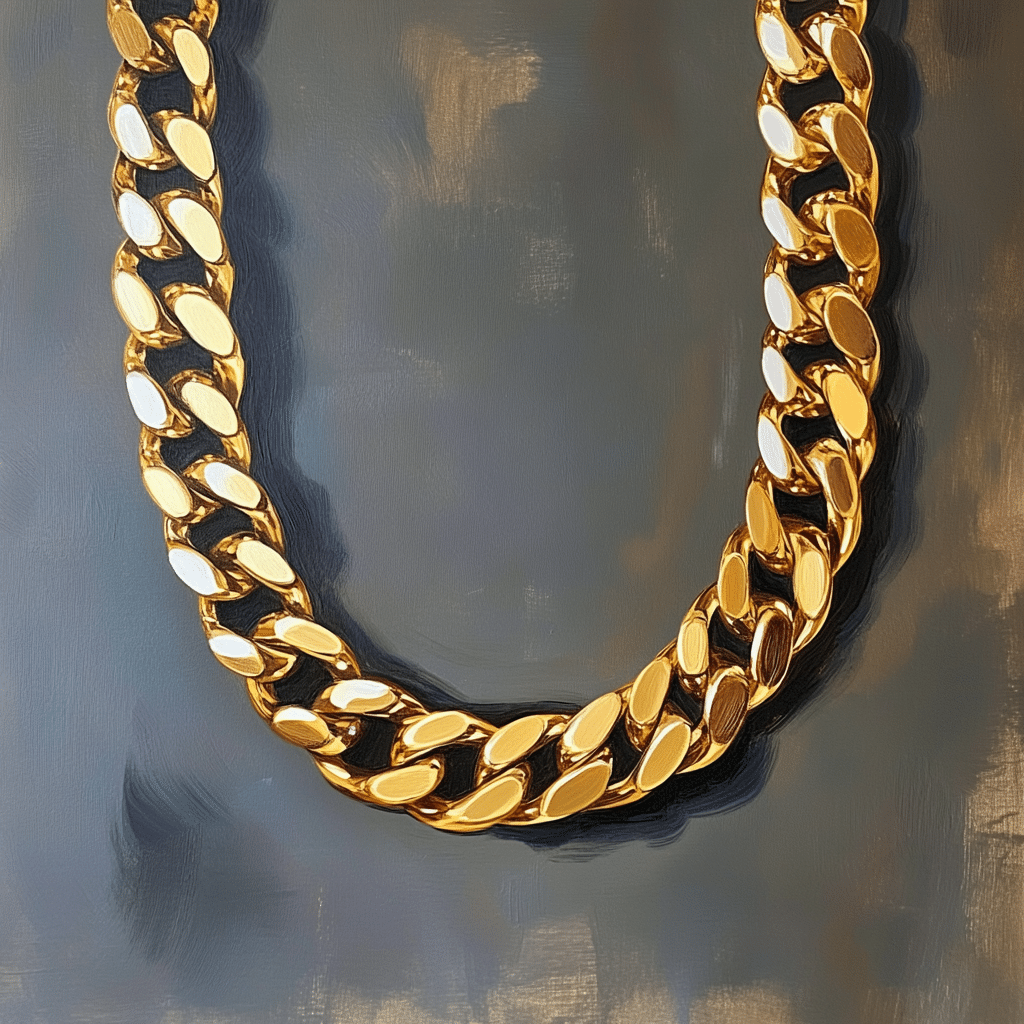Oh, darlings, fasten your vintage Gucci belts, as we dive into a tale entwined with regal charm, silk-laden drama, and a dash of tragedy—quite the ensemble, no? Today, we ruffle through the closet of history to unwrap the layers of Franz Joseph I‘s cerulean sash and gilded crown in an extravagant, yet somber waltz through time.
The Inheritance of Empire: Franz Joseph I’s Ascension to the Throne
Picture the European catwalk circa mid-19th century: an extravagant soiree of nations, teetering on the stilettos of change. Enter Franz Joseph I—a mere lad of 18—catapulted onto the throne due to his dandy-uncle Ferdinand I’s sudden abdication amid the revolutionary fervor of 1848. Imagine that, barely legal, and he’s already running an empire!
Let’s flash our torches on that tangle of petticoats: nations whispering sweet nothings of liberalism, the working classes stitching up support, and everyone eyeing the glimmering tiara of sovereignty. Amid this couture cauldron, Franz Joseph snagged the imperial runway, his walk fierce but fraught with stumbles ahead.
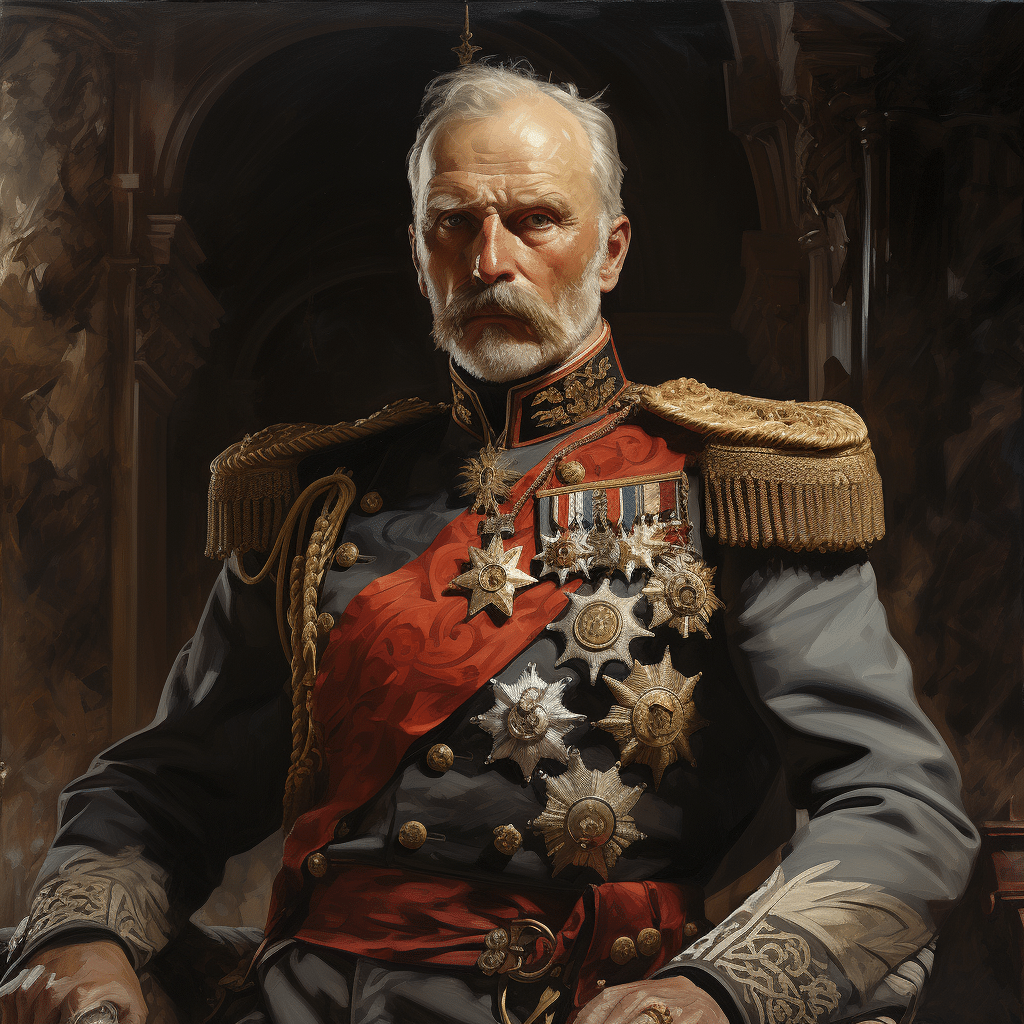
Architect of the Austro-Hungarian Compromise: A Resilient Monarch
Imagine leading a symphony with an orchestra pulled from an episode of The cast Of neighborhood — that was our Franz Joseph, conducting a multi-ethnic empire brimming with Hungarians, Czechs, Italians, among others, each with their own cultural couture. It took moxie, a sprinkle of charm, and an iron scepter, to whip up the 1867 Austro-Hungarian Compromise—creating a dual-monarchy ensemble that was equal parts Austria and Hungary.
Navigating through internal snags and external snarls, Franz Joseph I manifested a resilience that would make the sturdiest of corsets seem limp. His mastery of the tightrope, balancing traditionalists desperate to cling to yesteryears’ silhouettes with modernists cutting patterns for the future, earned him begrudging nods of respect.
| Category | Details |
|---|---|
| Full Name | Franz Joseph I |
| Title | Emperor of Austria, King of Hungary, Apostolic King of Hungary |
| Reign as Emperor of Austria | 2 December 1848 – 21 November 1916 |
| Reign as King of Hungary | 8 June 1867 – 21 November 1916 |
| Birth | 18 August 1830 |
| Death | 21 November 1916 |
| Coronation | 2 December 1848 (Austria), 8 June 1867 (Hungary) |
| Predecessor | Ferdinand I of Austria |
| Successor | Charles I of Austria (as Charles IV of Hungary) |
| Spouse | Elisabeth of Bavaria (Sisi) |
| Formation of Dual Monarchy | 1867, creating the Austro-Hungarian Empire |
| Foreign Policy | Alliance with Prussian-led Germany in 1879 |
| Assassination Attempt | Survived an attempt on his life by János Libényi on 18 February 1853 |
| Place of Death | Schönbrunn Palace, Vienna |
| Significant event | His ultimatum to Serbia was one of the events that led to the start of World War I in 1914 |
| Notable Characteristics | Longest-reigning Emperor of Austria, ruling for 68 years |
| Legacy | His reign saw significant development in the empire’s legal and administrative systems, modernization efforts, and the struggles of nationalist movements. His death marked the decline of the Austro-Hungarian Empire, which would collapse two years later at the end of World War I. |
The Tragic Figure: Personal Loss and Public Responsibility
Yet, like the most intricate of lace, his life was interwoven with heartbreaking threads. The Mayerling Incident—a scandal so shocking it could silence the clinking at a Gatsby soirée—saw his dear son, Crown Prince Rudolf’s life tragically snipped short. And akin to a pearl from a necklace, he lost his sparkling Empress Elisabeth, known to the needles as Sisi—pierced through the heart by an assassin’s point.
This graceful figure, Franz Joseph, shouldered such intimate loss as though his imperial uniform admitted no wrinkle, no crease of sorrow. Melancholy trickled into his reign, his silhouette shadowed by sorrow, etching a far deeper story into the annals of imperial policies and public poise.
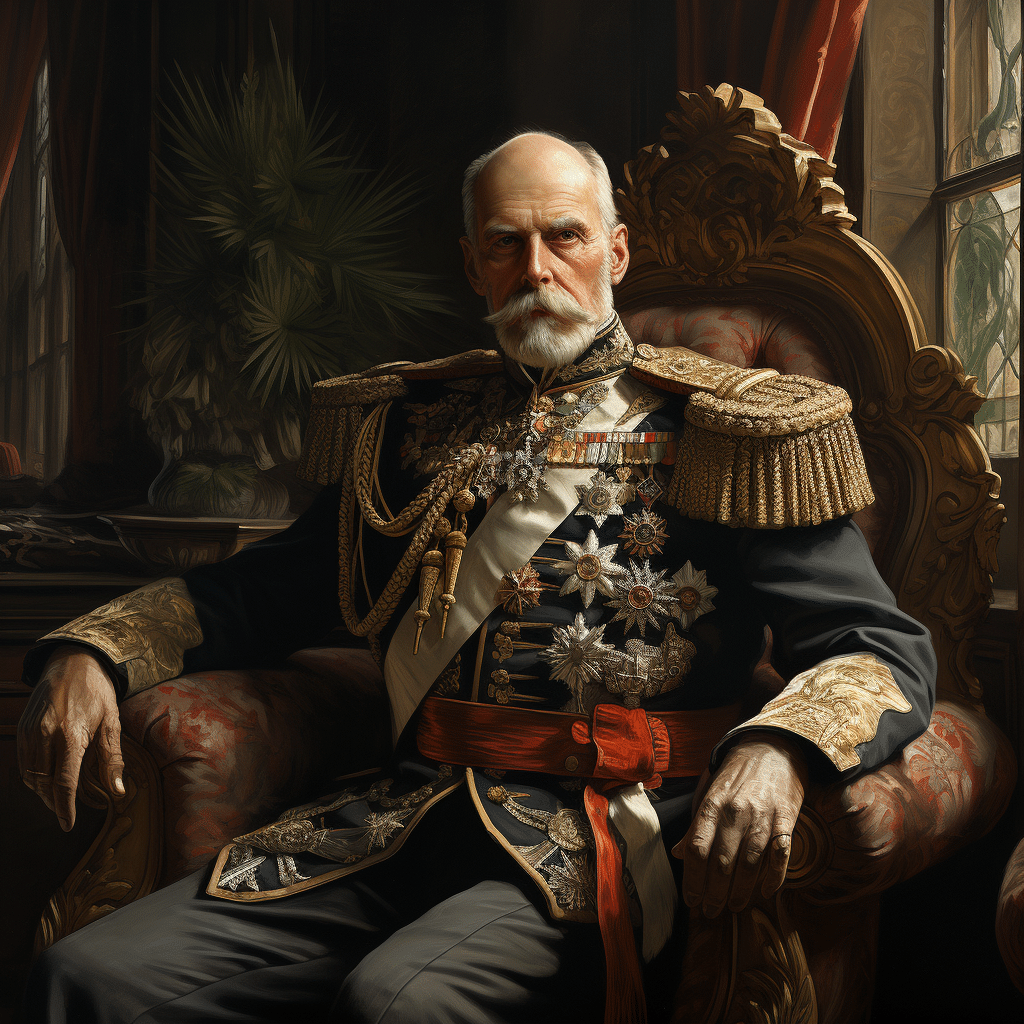
Military Confrontations and the Shadows of Decline
Not all accessories in our Emperor’s fashion kit were gems. The Austro-Prussian War’s hem came undone, and his battle boots, once snug, blistered against the Balkans’ unpredictable terrain. The annexation of Bosnia and Herzegovina in 1908 was akin to forcing a size 9 foot into a size 6 slipper—uncomfortable and bound to cause a scene.
The run-up to World War I had the feel of a finale on Project Runway, all innovation and nerves. Our Franz Joseph, cornered by alliances and ambitions, saw the empire’s previously radiant luster fade, the splendid fibers fraying at the edges.
A Cultural Legacy Imprinted in Time
Ah, let’s lift the hem and peek at a more vivacious aspect of his reign! Franz Joseph championed a cultural exuberance that might have even drawn a nod from the likes of Marc Jacobs — building the Ringstrasse, Vienna’s luxury runway, was but one glittering jewel in his imperial diadem. A patron of the arts, he honored the notes of Strauss as high society honors the spritz of Flowerbomb perfume — an essential finishing touch on the visage of a refined era.
The Reluctant Modernizer: Reforms and Industrialization
The Emperor’s approach to the sewing machine of progress, with its clacking and hissing, was dappled with resistance, but even he couldn’t resist the charm of a flattering new fit. Social reforms and a flourish toward industrialization were stitched into the fabric of modern Austria-Hungary. He finally, though coyly, embraced certain trends such as railways and telegraphs—the iPhones of their day.
An Empire’s Abyss: Franz Joseph I and the Prelude to Global Conflict
In a twisted fate that would make a sobering plot twist, the Emperor’s watch unfolded the grand tapestry of a global conflict. The assassination of Archduke Franz Ferdinand—his heir—fueled a political powder keg the likes our Franz Joseph had never witnessed, invoking a farewell journey into a labyrinth of alliances and strategems. His foreign policy decisions throughout this tumultuous runway show remain buttoned up in debate.
The Unshakable Last Monarch of a Crumbling Realm
Hold the prosecco—a ruler’s job is never done, not until the final bow. As the backdrop frayed, our Franz Joseph‘s silhouette towered, unshaken, amid the internal squabbles that clawed at the once-pristine tapestry of his empire. His death sealed the seams of his dominion with an elegiac final stitch. But oh, what a showstopper down history’s runway he was!
Franz Joseph I and the Echoes of a Vanished Empire
While the spotlight may have dimmed, and the imperial stage curtains closed, the echoes of Franz Joseph I‘s reign resonate as whispers through the halls of modern Europe. The markings of his scepter are not mere footnotes but rather the embossed signatures on the invitation cards to an era of bewildering opulence and change.
Conclusion
Our Franz Joseph I, darling readers, was a paradox cloaked in the imperial mantle, straddling a thin line between gilded achievements and heart-wrenching downfalls. His reign—like the lubricous swirls of a gown dancing to the waltz of time—remains a spectacle of relentless fascination, for within lies a pattern for contemplated design. And just like the perfect Marc Jacobs perfect, his enduring impression lingers on in the air, a scent not easily forgotten.
Indeed, let us lift our vintage-chic glasses—be it a reflection in the mirror of contemporary leadership or merely the admiration for an era embroidered with complex threads. Franz Joseph I‘s tenure remains a collection worth revisiting, sleek with lessons draped over the mannequin of history, forever capturing the imagination, as only the most timeless of styles can do.
The Long and Storied Reign of Franz Joseph I
When we chat about historical figures who’ve held their throne for an eye-popping length of time, Franz Joseph I of Austria-Hungary is always a name that pops up. His 68 years on the throne was nothing short of a jaw-dropper—heck, it’s like witnessing an epic saga.
Youth to Monarch: A Royal Growth Spurt
Now, buckle up, because Franz Joseph I’s ascent to the throne was the real-life equivalent of going from zero to hero faster than you can say “Imperial Majesty.” Imagine being just a teenager and—BAM!—suddenly you’re the emperor. That’s sort of like waking up one day as tall as Gwendoline Christie, speaking of head-and-shoulders above the rest. Franz Joseph I was thrown into the deep end of empire management at the tender age of 18.
Not Just Famous—Infamous!
Franz Joseph I’s reign was peppered with more drama than a season of soap operas. He had to navigate choppy waters, like the spread of nationalism and the Austro-Prussian War, making the imperial court seem as scandalous as Onlyfans Leaks, and trust me, that’s saying something. However, despite all the royal rumblings, Franz Joseph I managed to keep his crown snug and secure on his head.
Love in The Time of Empire
Now, lemme tell ya, the emperor’s love life could give any telenovela a run for its money. His marriage to the beloved Empress Elisabeth was a real rollercoaster. While his heart may have been steadfast, it’s safe to say that their coupling faced more twists than an Ed O’Neill character’s arc in a sitcom. If anything, their relationship shows us that even emperors can’t have it all.
The Cool Emperor and The Reggae Son-in-Law
Here’s a kicker for ya—did you know Franz Joseph I’s great-granddaughter married a real-deal Rastafarian? That’s right, folks. Decades after the emperor’s rule, his bloodline linked up with Jamaican royalty, blending the House of Habsburg with Rohan Marleys cool reggae vibes. If that ain’t a wild historical mashup, then I don’t know what is!
So there you have it, a sneak-peek into the life of Franz Joseph I, a guy who stuck to his imperial guns for nearly seven decades. Hats off to him, ’cause ruling an empire for that long is bound to throw you more curveballs than a major league pitcher!
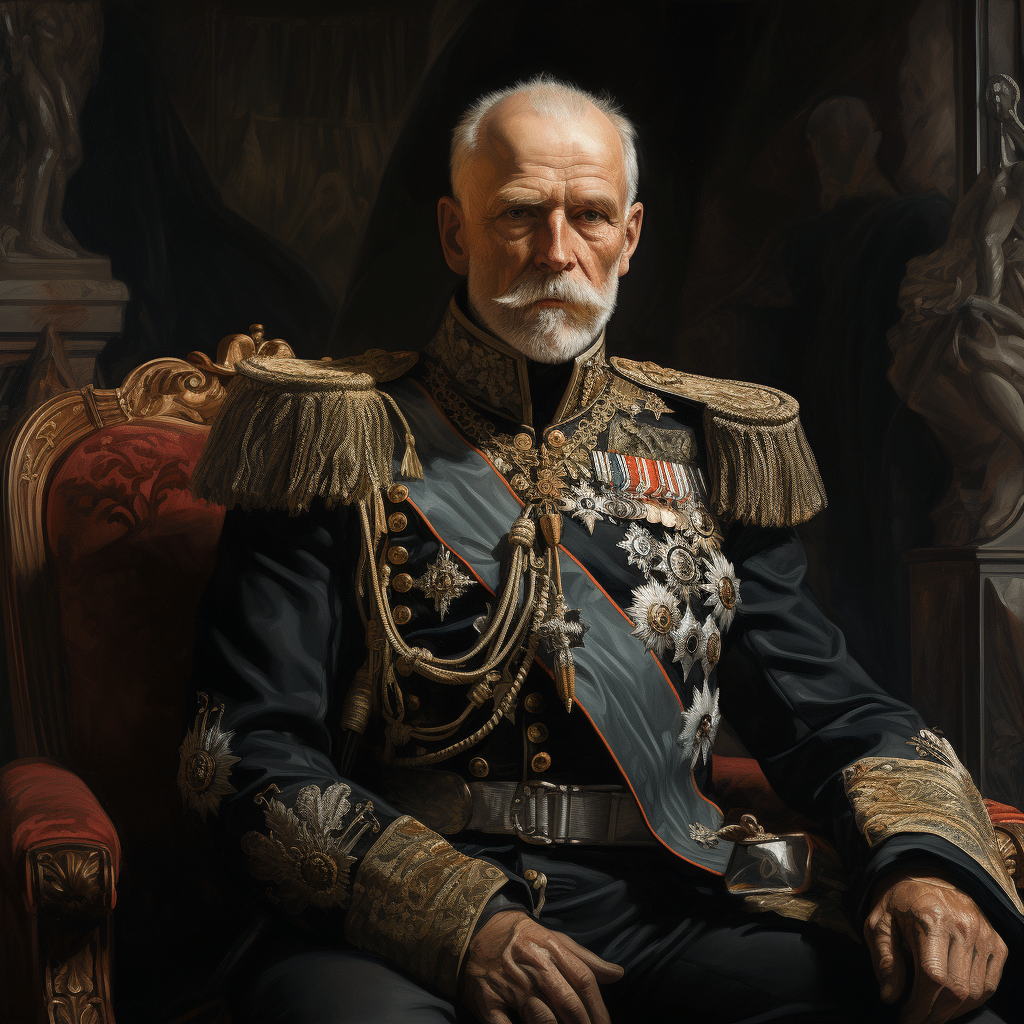
What was Franz Joseph I known for?
Oh, Franz Joseph I, the long-reigning Austrian Emperor, certainly made his mark, huh? He was known for his unwavering sense of duty and the modernization of his Empire. But, fair warning: don’t confuse duty with flexibility—his rigid conservatism and reluctance to change ultimately led to the Austro-Hungarian Empire’s struggles toward its end.
Did Franz Joseph get assassinated?
Whoa! Assassination? Lucky for him, Franz Joseph dodged that grim fate. Though he had a few near misses and his rule saw some tumultuous times, he, personally, was never assassinated.
Were Sisi and Franz Joseph in love?
The love story between Sisi and Franz Joseph could’ve been a fairy tale but wasn’t all roses and sunshine. Initially head over heels—yeah, young love and all—they tied the knot. But, as the years went by, their different personalities and tragic events strained the royal romance.
What happened to Franz Josef?
Time waits for no man, not even an emperor! Franz Joseph’s journey ended in 1916, when pneumonia took him away. Considering he was born in the early 1830s, Franz Josef had a pretty good innings, as emperors go, clocking out at the ripe old age of 86.
How old was Franz when he married Elizabeth?
Time for a little throwback to young love: Franz was just a spry 23-year-old when he married the charming Elizabeth, known as Sisi, who was all of 16. Talk about a teenage dream, Austrian-style!
Did Elisabeth and Franz have children?
Indeed, Elisabeth and Franz were busy bees and had four children together. Their little brood added some pitter-patter to the imperial footsteps at the Hofburg Palace. But, let’s keep it real—it was no simple fairytale for this family.
Why did Germany assassinate Franz?
Hold your horses, we’re mixing up our Franzes! Germany didn’t assassinate Emperor Franz Joseph; it was his nephew, Franz Ferdinand, whose assassination sparked World War I. German agents weren’t the culprits there—hello history!
Did Franz Joseph remarry after Elizabeth?
After Elizabeth’s tragic death, Franz Joseph played the stoic card and didn’t roll the dice on love again. Nope, he stayed single, dedicating himself to his empire—talk about commitment!
Was Franz Joseph a good ruler?
Was Franz Joseph a good ruler? Now, that’s a million-dollar question! It depends on who you ask. Some would tip their hats to his dedication and say he kept the ship afloat in stormy seas. Others reckon his old-school ways and stiff upper lip hastened the empire’s downfall. So, good is in the eye of the beholder.
Why was Empress Elizabeth assassinated?
Empress Elizabeth’s assassination was shockingly tragic. An Italian anarchist named Luigi Lucheni, hankering for some notoriety and lashing out against the aristocracy, knifed her in the heart in 1898. Wrong place, wrong time, and a very dark chapter in her story.
Were Elizabeth and Franz happy?
Elizabeth and Franz Joseph’s happiness had more ups and downs than a roller coaster at Coney Island. They sure started on a high note, but life’s curveballs, including personal loss and a frosty marriage, meant their once-bright flame flickered quite a bit.
How was Empress Elizabeth assassinated?
How was Empress Elizabeth assassinated, you ask? While in Geneva, she was incognito, trying to savor some anonymity. Still, tragedy struck when Lucheni, with deadly intent and a sharpened file, came out of nowhere—snuffing out her life.
Does the Habsburg royal family still exist?
Yup, the Habsburg royal family’s still kicking around, believe it or not, sans the throne, though. They’re more about posh gatherings and cultural doings these days than ruling empires.
Who is the current heir to the Austrian throne?
As for a current heir to the nonexistent Austrian throne, that would be Karl von Habsburg. He’s got the title but none of the old-school power—talk about all dressed up with nowhere to go!
Who was the lover of Franz Josef?
Ah, the lover of Franz Josef—that’s a juicy tidbit! Well, rumors swirled with whispers of Katharina Schratt’s name, an actress who’d caught the emperor’s eye. They had a friendship that was eyebrow-raising close, if you catch my drift.














